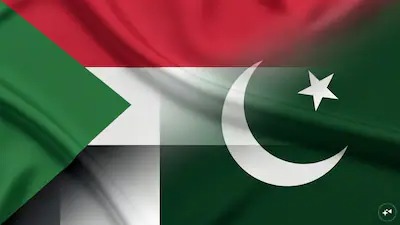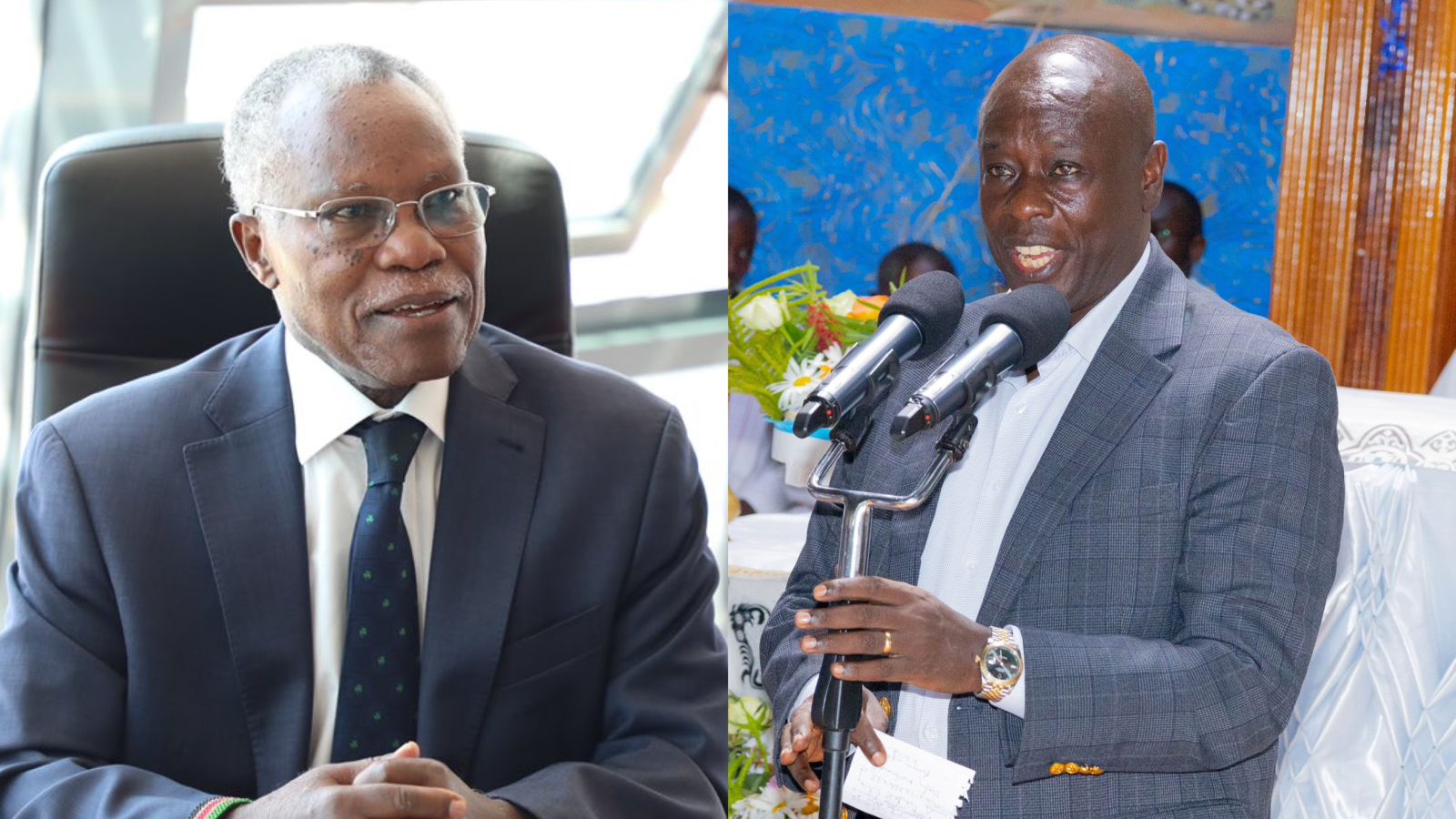In the midst of a grinding civil war, concerned citizens have alleged that Sudan’s military rulers have signed a $1.5 billion weapons deal with Pakistan, with Saudi Arabia quietly getting involved.
The pact promises new firepower for Sudan’s army, but risks dragging the country even deeper into a conflict that has already devastated millions and destabilized the region-the modern arsenal for an endless war.
The agreement, concluded in early August, includes ten K-8 Karakorum aircraft-trainers that can be converted into light attack planes-more than 200 armed and surveillance drones, as well as Chinese-made air defense systems modeled on Russia’s S-300.
They also included spare engines for aging MiG-21s, armored vehicles, and precision munitions to round out the package.
They said for Gen. Abdel Fattah al-Burhan, who heads Sudan’s armed forces, the influx of weapons offers a chance to break months of stalemate against the paramilitary Rapid Support Forces (RSF), commanded by his rival, Mohamed Hamdan Dagalo, better known as Hemedti.
“This is a major upgrade for the Sudanese army, which had been struggling to match the RSF’s battlefield capabilities,” said a diplomat based in Nairobi. He added that Riyadh’s hidden hand in Sudan, mired in hyperinflation and economic collapse, could not have financed such a deal on its own.
Multiple officials have alleged that Saudi Arabia bankrolled the purchase, motivated by concerns over security in the Red Sea and the growing influence of the United Arab Emirates, which has provided support to the RSF.
Riyadh, which mediated peace talks in Jeddah in 2023, has now shifted to a more muscular approach-betting on Burhan’s eventual military victory. But in a region rife with rivalries, that gamble could inflame tensions rather than contain them. A Proxy battlefield deal that has accelerated Sudan’s slide into a proxy war, including Burhan’s forces now rely on a broad coalition of external patrons-Pakistan, Turkey, Iran, Russia, and Saudi Arabia- whose military and financial support has become central to the conflict’s trajectory. The RSF, for its part, benefits mainly from Emirati financing, some cross-border supply networks through Chad and the Sahel, and revenues from Sudan’s gold trade.
“Every shipment of weapons to one side triggers a counter from the other. It’s an endless spiral,” said a researcher with the pan-African think tank Wathi.
Western governments warn that a prolonged conflict could destabilize the Red Sea corridor, a vital artery of global trade. Some diplomats add that an outright victory by the Sudanese Armed Forces could tilt the balance even further toward Riyadh, Islamabad, and their strategic partners-reinforcing the presence of actors that Western capitals view as rivals in one of the world’s most sensitive maritime regions. “A step backward,” African analysts see the deal as a militarist dead end. “Instead of rebuilding a collapsed state and starting a political transition, Khartoum is doubling down on war,” said a Senegalese security expert, adding: “It’s a step backward for peace.”
The African Union has condemned foreign interference and called for renewed diplomacy. But lacking leverage, it remains largely sidelined. An uncertain future for now, the gleaming new weapons are fueling hopes of victory in Burhan’s camp. But for millions of civilians trapped in Khartoum, Omdurman, and Darfur, the reality is simpler: more weapons mean more death, destruction, and despair. By embracing militarisation over compromise, Sudan’s generals and their foreign patrons risk locking the country into a war with no end in sight — one that is increasingly shaping the geopolitics of the Middle East and the Horn of Africa.
In addition, Turkey hopes to strengthen its influence in East Africa, while Russia and China watch closely-both having courted Sudan for military and economic footholds in recent years.




